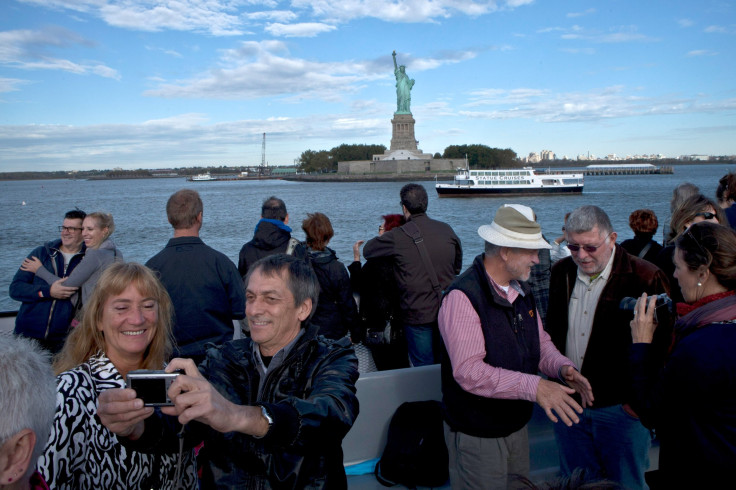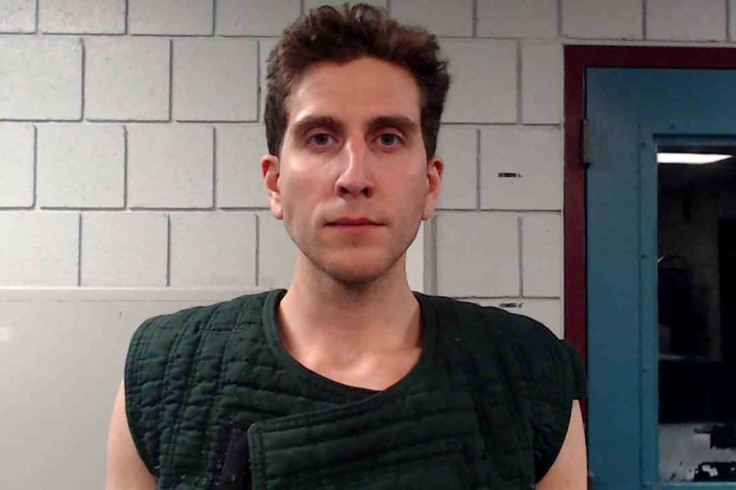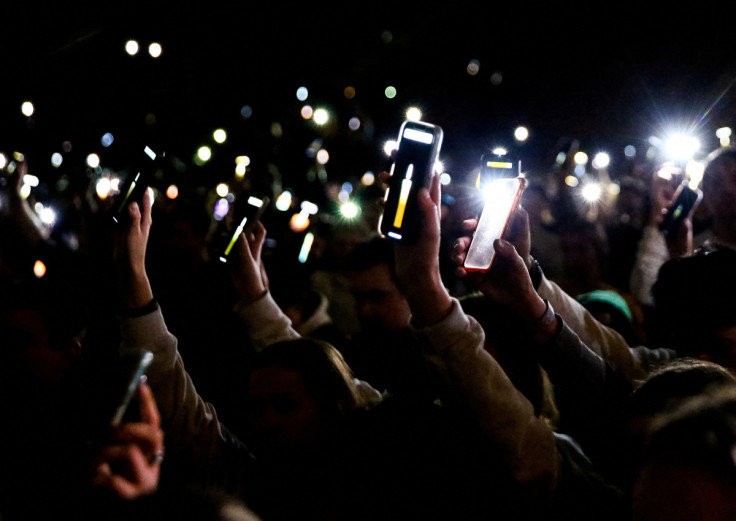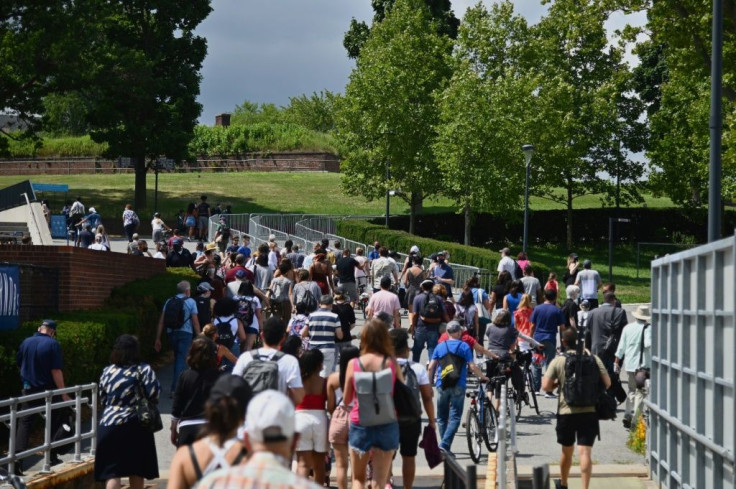Here's How Crimes Like The Idaho Murders Affect Local Tourism, According To Experts

KEY POINTS
- A 2014 study showed that tourists more likely to be victimized in places with high crime rates
- Places with high crime rates could force local authorities to urge citizens to avoid those locations
- "Street smart" tourists and tourist groups are less likely to be victimized by crimes
The gruesome killing of four university students in an off-campus home in Moscow, Idaho, last November has been elevated to national prominence as Americans followed the authorities' journey to catch the murder suspect.
The Moscow police, Idaho State Police and the Federal Bureau of Investigation (FBI) received over 10,000 tips and leads during the manhunt operation that ultimately led to the arrest of Bryan Kohberger, a 28-year-old criminal justice student at Washington State University.
Kohberger, who took a cross-country drive from Washington, was arrested in his home state of Pennsylvania in December, thousands of miles away from the crime scene.
The suspect was charged with four counts of first-degree murder and one count of burglary for killing the University of Idaho students Kaylee Goncalves, 21; Madison Mogen, 21; Ethan Chapin, 20; and Xana Kernodle, 20.

Idaho Murders' Ripple Effect On The Community
The murder case sent fears to Moscow, a college town with 26,000 residents.
Residents had begun checking their house locks and informing police whenever something was suspicious in the area. U of I students started taking self-defense classes and bringing maces and flashlights as a precaution following the incident.
The off-campus apartment home at 1122 Kings Road where the killings occurred has also attracted individuals hooked on true crime stories, in what experts call "dark tourism."
To prevent further sensationalizing of the case and continue the healing process for the entire community, the university decided to demolish the apartment house.
The Idaho State House had also passed a bill allocating $1 million to U of I to beef up its security and offer counseling and crisis services to students still deeply affected by the case.

How Do Crimes Affect Local Tourism?
Prior to the high-profile killings, Idaho ranked fifth among U.S. states with the lowest murder rate at 3.7 per 100,000 people, according to the FBI's 2019 National Incident-Based Reporting System (NIBRS).
In 2021, data from the Idaho State Police showed that the state only had 39 murder cases.
Elsewhere in the U.S., states such as Louisiana, Missouri, South Carolina, Arkansas and Tennessee, with the highest murder cases, had rates above 11.4 per 100,000 people.
As violent crimes such as murder continue to plague the country, local tourism industries could suffer.
A 2014 study by the University of Palermo in Argentina, and published in the International Journal of Safety and Security in Tourism, showed that an area's tourism is linked to criminal victim risk or the estimation of a person's chances of being a victim and the sensation of crimes.
"If the estimation of criminal victim risk is high, the perception for the chance of being a criminal victim is high as well," the study concluded. "The more a tourist feels unsecured, the less he visits."
It added that crimes against tourists have more chances of occurring in places with the most crime incidents.
Collen Clark, a trial lawyer and founder of Schmidt & Clark LLP, agreed that criminal activities put a dent in a locale's tourism industry.
"High crime rates and recurring violent events can damage the reputation of a specific destination, eventually leading to local authorities advising their citizens against visiting that particular place," Clark told the International Business Times.
However, he added that criminal activities or tragic events could also help the tourism industry, arguing that some individuals are into dark tourism.
"While criminal activity can negatively affect tourism, it can also be positive to an extent. We must acknowledge that there are people who are into dark tourism. Criminal activity can be a reason for them to visit a specific place," Clark explained.
Factors That Affect Crime Rates In Tourist Areas
Several social and economic factors contribute to higher crime rates in tourist locations, says Tony Loughran, director and founder of global risk consultancy firm ZeroRisk International.
Loughran told IBTimes that homelessness, unemployment, drug gang presence and poor social support could exacerbate criminality in a tourist area. Interestingly, tourists who have come from places with high crime incidents are more likely to avoid being victimized by criminals.
"Tourists who have come from background where high-risk incidents already exists...will be a lot more street smart and will generally know all the scams and areas of vulnerability," Loughran said.
He added that tourist groups are also less likely to be victims, noting an old adage "safety in numbers."
However, the global risk management expert warned that young and lone tourists who are engrossed in mobile devices while traveling and those who don't know fundamental security skills are at "high risk" of becoming targets.
"Tourists generally don't have security skills and training and we find that when people come on our security courses they miss the fundamentals, [like]. not shouting your room number across the lobby or discussing where you're going out for the day in the hotel lobby which is generally frequented by opportunist thieves," Loughran said.
The ZeroRisk founder suggests better measures be established to ensure the safety and security of tourists, such as having community and multilingual police forces, hotel and tourist industry watch schemes and youth engagement programs.
Partnerships between the tourism industry and law enforcement agencies could also help in reducing crime risks for tourists, like those at the Olympic Games and World Cup.

© Copyright IBTimes 2025. All rights reserved.






















